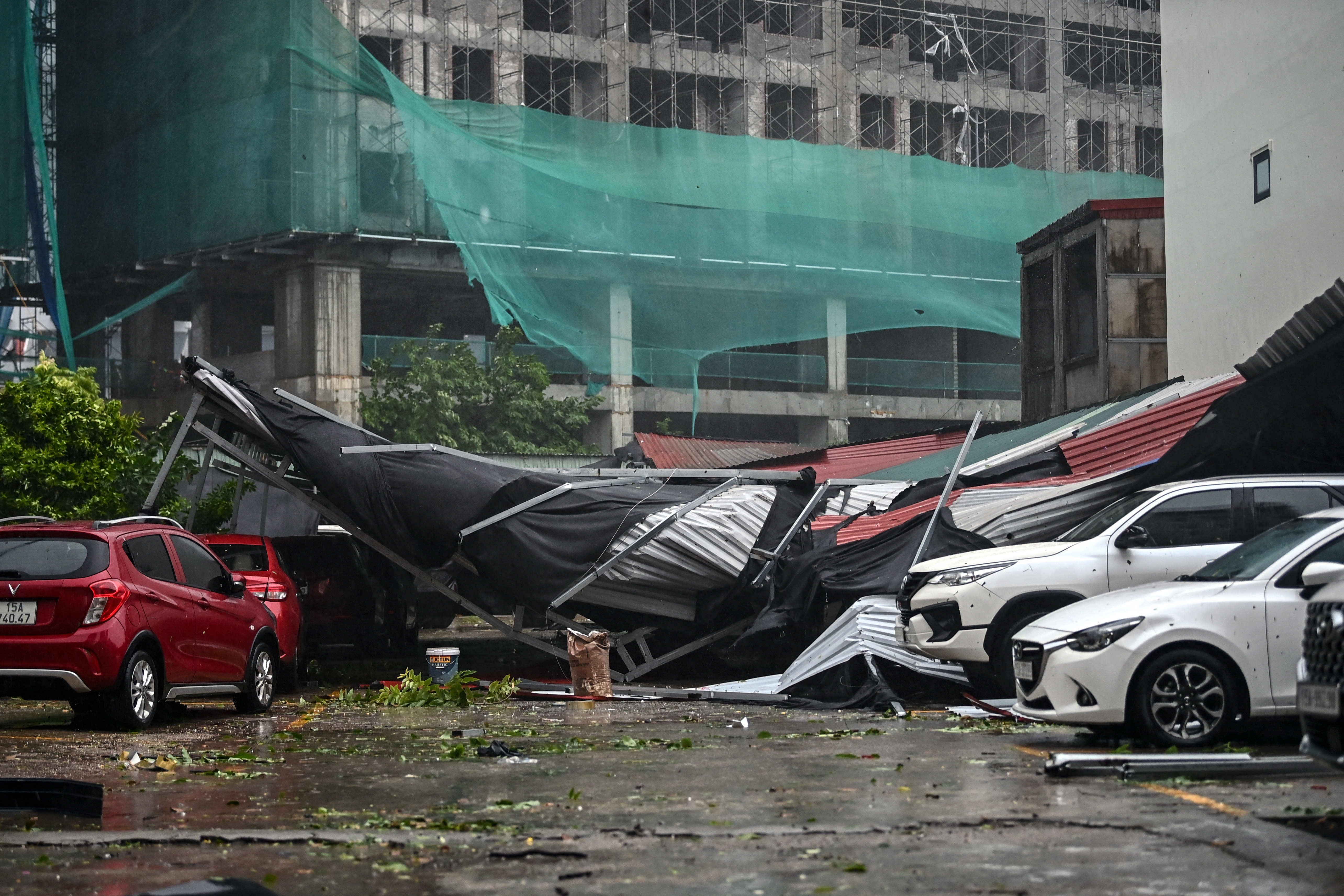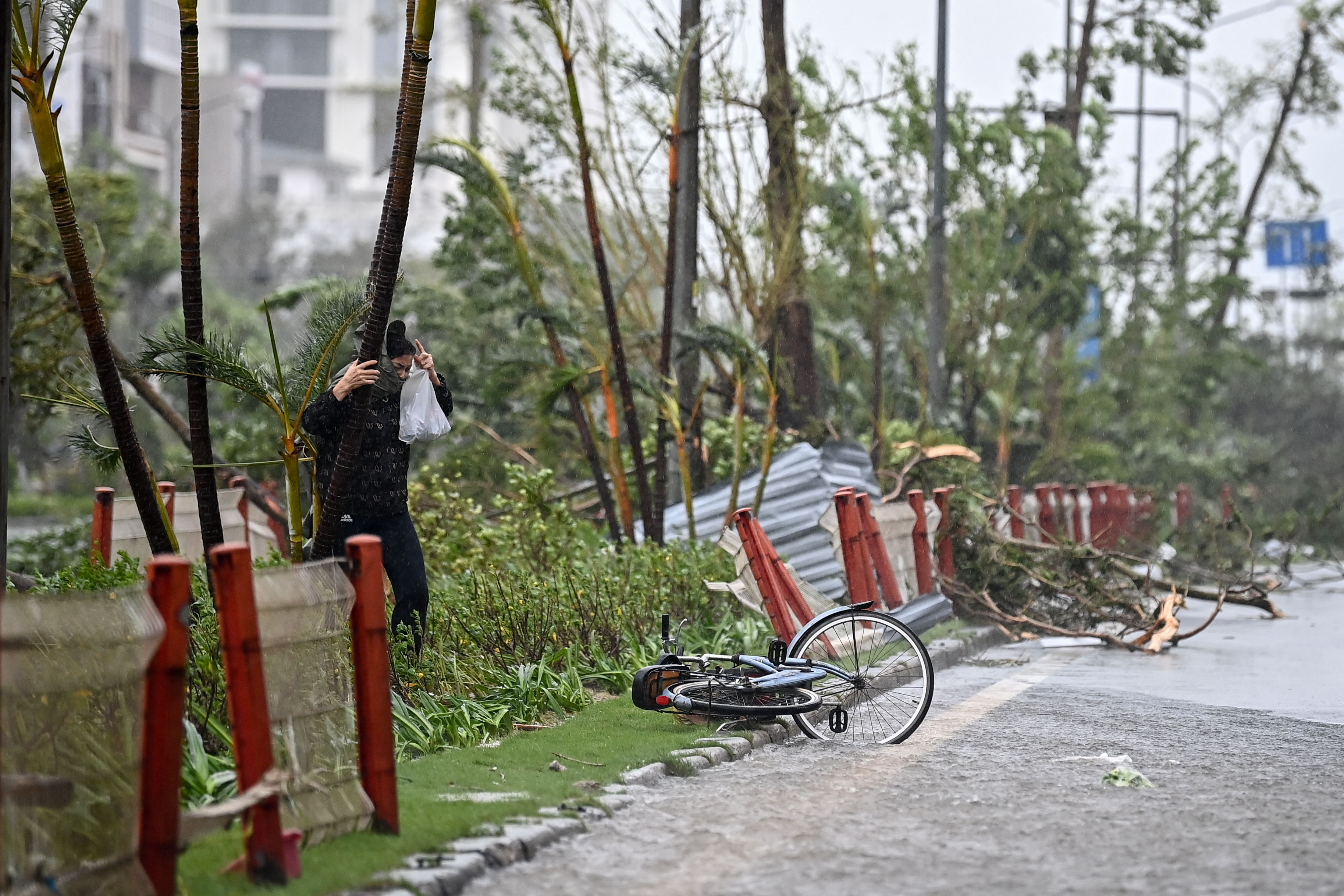
HANOI - Since hitting northern Vietnam on Saturday afternoon, Typhoon Yagi has resulted in nine deaths and 186 injuries, according to the country's Ministry of Agriculture and Rural Development on Sunday morning.
The fatalities caused by the typhoon, the most powerful storm to strike the region in the past 30 years, include three from the coastal province of Quang Ninh, one from the northern province of Hai Duong, one from the port city of Hai Phong, and four from the northern province of Hoa Binh.
ALSO READ: China mobilizes emergency responses as impacts of Typhoon Yagi persist
Among the injured, 157 are from Quang Ninh, 13 from Hai Phong, 10 from Hanoi, five from Hai Duong, and one from Hoa Binh.
As of Sunday morning, 25 unmanned vessels, mainly fishing boats, in Quang Ninh were sunk by large waves and strong winds.

Many areas in Quang Ninh, Hai Phong, Thai Binh, Hai Duong and Hanoi have faced blackouts as the typhoon damaged some transformers and transmission lines.
READ MORE: Death toll in flood-related accidents in Philippines rises to 14
The typhoon has also wrecked nearly 3,300 houses, 121,500 hectares of rice and other crops, more than 5,000 hectares of fruit trees, and over 1,000 aquaculture cages in the northern region, the ministry said.

Natural disasters, mainly storms, landslides and floods, had left 111 people dead and missing in the Southeast Asian country since early this year until Aug 5, the highest number reported for the same period in five years, according to the National Steering Committee for Natural Disaster Prevention and Control.


